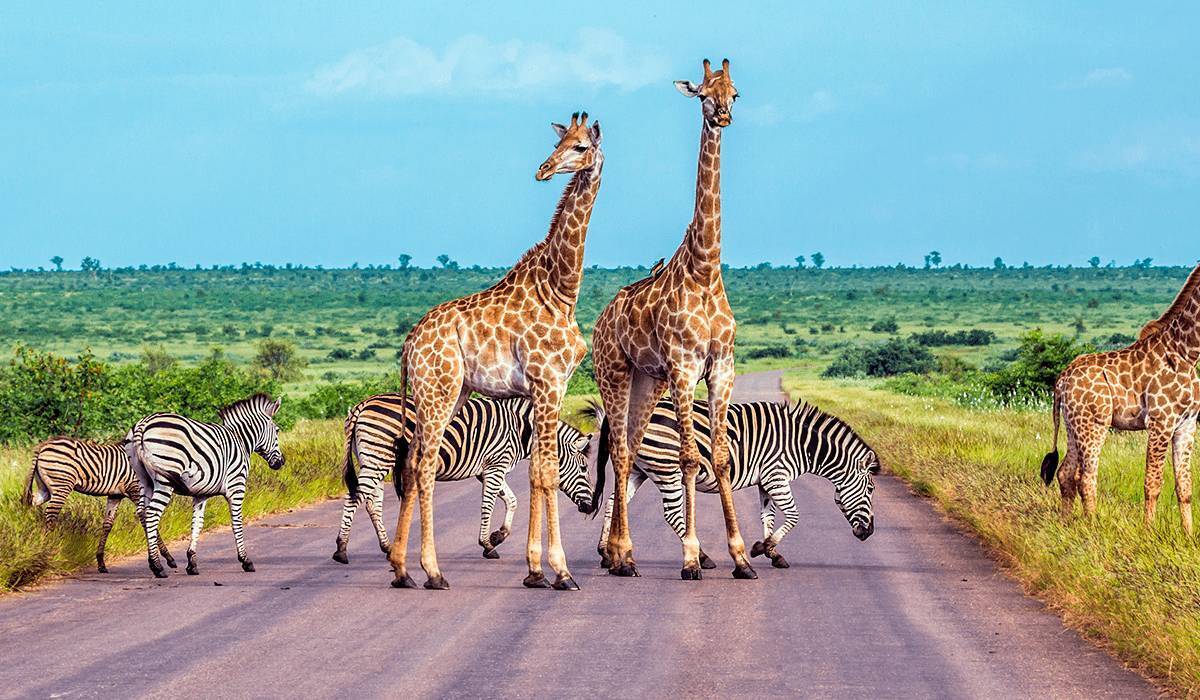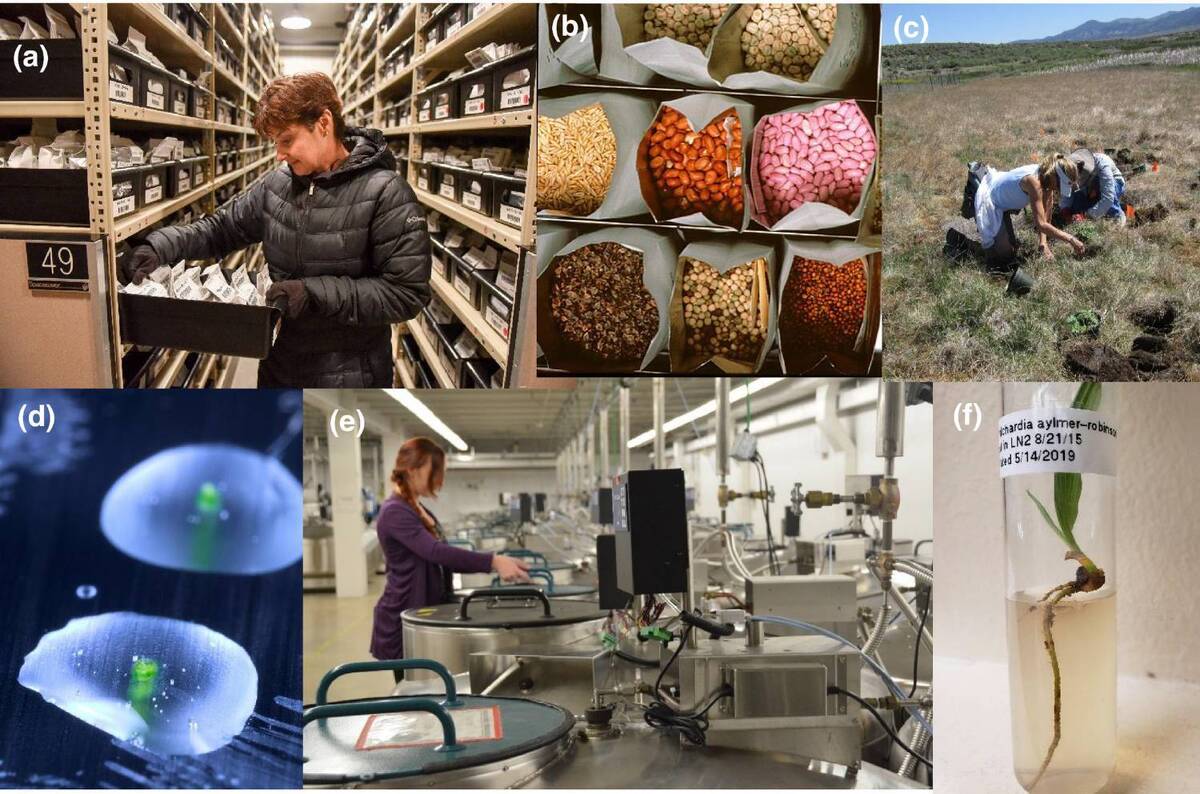Africa Urged to Invest in Spatial Data for Biodiversity Management

Peter Minang, director for Africa at the Center for International Forestry Research and World Agroforestry, said the continent has the potential to generate revenue from its available natural resources.
Minang said it is time for Africa to decide to generate data, link it to economic and social issues, and integrate it into environmental issues, which are largely locally based, in order to spur development.
"The data should help policy formulation and science linkages in the protection of environment and biodiversity," Minang said during the closing of the eighth International Conference on Remote Sensing and Geoinformation of Environment in the Kenyan capital of Nairobi.
The four-day conference, which brought together delegates from eastern and southern Africa, was held to spur ideas on effectively utilizing Earth observation information in decision-making.
Scientists were encouraged to use data to convince governments that green development and sustainable development pathways based on natural resources can help fight poverty.
Minang observed that African countries have the potential to generate revenue from natural resources through technological advancements, yet these resources are not factored into the national economies.
Thandikile Mbvuandula, vice president of the Africa Space Council, urged scientists to cooperate with governments and demystify science to encourage people to support the policy.
Mbvuandula said space science is capable of identifying hidden mineral deposits and improving agriculture to improve development with early warning systems. She said the role of the government and stakeholders is important in creating safe spaces to allow innovators and entrepreneurs.
4155/v
























